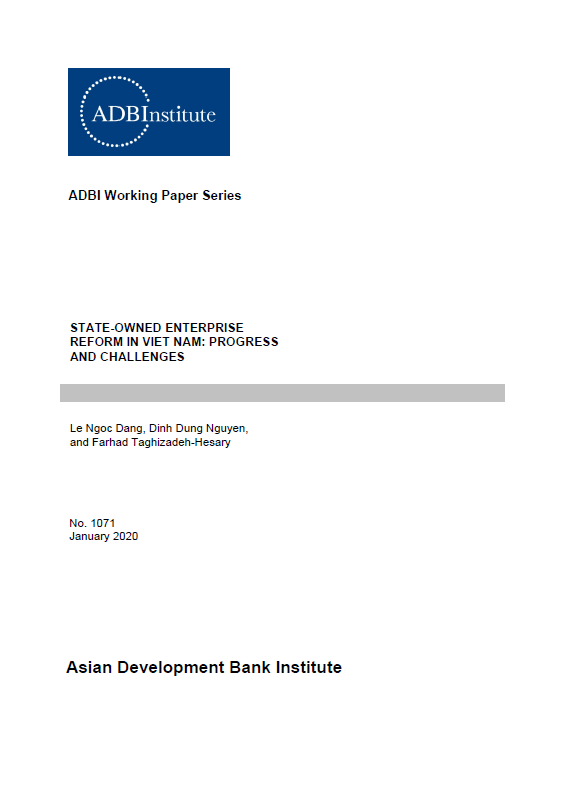State-Owned Enterprise Reform in Viet Nam: Progress and Challenges

Being one of the former centrally planned economies, Viet Nam is still home to a substantial state-owned sector. From the implementation of the “Doi Moi” policy in the late 1980s, the restructuring of state-owned enterprises (SOEs) since 1990 is considered as one of three crucial pillars in the process of economic reform toward a market-oriented economy under deeper international economic integration. This paper examines existing challenges in the process of reforming the SOE sector in Viet Nam. The outcome of analysis indicates that SOE reform has made progress that has resulted in a significant reduction in the number of SOE, expansion in the production capacity, improvement of expertise and management ability, and enhancement of competitiveness. On the other hand, the reforming of SOEs has been confronted with a range of issues that require an overarching revised regulatory framework and legal enforcement to accelerate the speed of the privatization process combined with improving the accountability and transparency in evaluating SOE performance as well as applying formal and consistent measurement system to facilitate their reforming.



